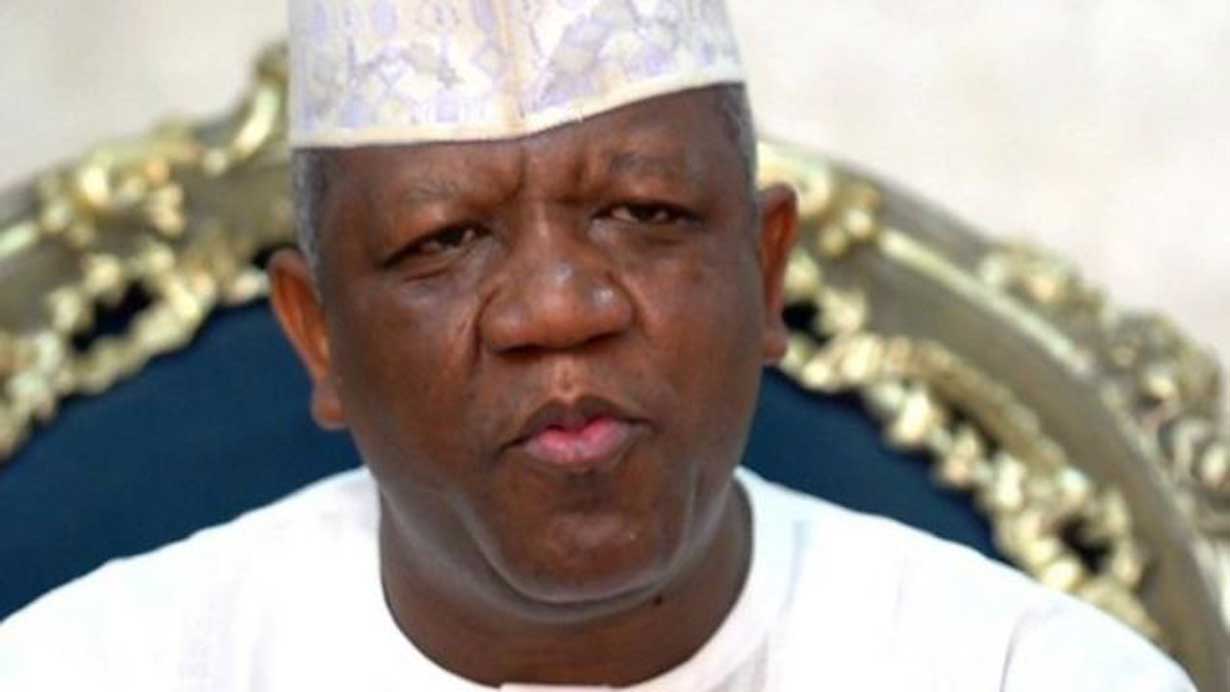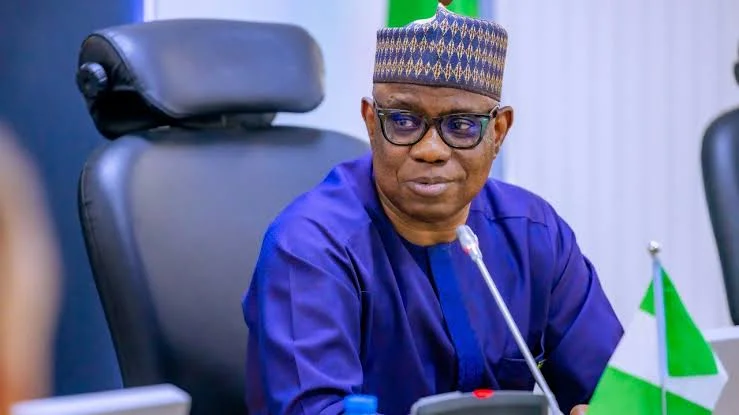
Corruption is a global phenomenon that has its roots back in history and will always be present. While there is a consensus on the socioeconomic and political damages corruption causes, experts and researchers do not have well-established agreement on what causes it. Albeit there is a distinct relationship between the rule of law and corruption.
Before we delve into this relationship, we presume that nations develop laws to achieve specific objectives. Those objectives should always be for the common good of the society and free from conflicts of interest. We also presume the design of laws takes into consideration the minorities’ needs and the welfare of citizens. Though we understand that there are not flawless laws, there is a vital difference between the design of laws and their enforcement. Putting statutes into action determine whether a country has or does not have the rule of law.
The rule of law is a primary determinant of whether a country is “developed” or “developing” one. The proper foundation of the rule of law is that people are not only equal before the law, but it is also enforced. Upholding the rule of law shapes to a great extent the nations’ culture, values, and norms. It is no wonder the United Nations Convention Against Corruption emphasized the significant role of the judiciary branch of government in the fight against corruption. In fact, we believe that when public officials, private business leaders, and citizens do not uphold the rule of law, they put their country on the verge of failure. Each “failed” nation does not enforce the rule of law. Failed or semi-failed nations pose global economic and security threat to the international community. More than ever, the international community watches closely the efficacy of the judicial branch of governments especially those of developing countries.
Impacts of the rule of law
As The American Anti-Corruption Institute (AACI) emphasizes, the rule of law is a prerequisite for each of the following: Good governance, internal control, and effective implementation of a national strategy to fight corruption, money laundering, and financing terrorism. There is a direct relationship between upholding the rule of law and the effective fight of corruption. Corruption prevention in all economic sectors suffers from the lack of upholding the rule of law. For example, when nepotism flourishes in an organization, its governance practices, and internal control will not function properly and be effective as planned. The most dangerous result is the culmination of citizens’ distrust in public institutions and the country’s political leadership. That is why the countries’ political leadership should always set the proper tone at the top, enhance and support the judiciary independence, transparency, and protect it from any interference.
Corruption prevention
Corruption prevention is always better than cure. Those charged with governance in all economic sectors should “invest” in preventing and deterring corruption. It is one of the essential investment decisions organizations make. Because corruption is a legal concept, it is illegal in most countries. Many studies have shown that there is a positive correlation between corruption prevention and profitability. We urge organizations of all sizes that aspire for sustainable growth to embed in their culture and values the significance of upholding the rule of law as it prevents corruption. But boards and executive management should be aware of a simple reality: corruption prevention effectiveness will never be better than the tone they set at the top. The organization culture mirrors the values and culture prevailing in the boardroom and executive suite.
The tone set at the top in Nigeria
One cannot manage what he does not measure. Regrettably, there are not reliable, independent, and objective published information about the effectiveness of corruption prevention practices in both public and private sectors in Nigeria. We do not believe in the measurement of perception of corruption because it is not an objective measurement. At best, it is indicative and in many cases distorted.
What is clear to us is the tone President Muhammadu Buhari set at the top.Masoud is Senior Director, The Middle East and Africa, The American Anti-Corruption Institute and Oluwole Ph.d is The AACI Strategic Partner in Nigeria
We have many reasons to believe that there is a genuine political will in Nigeria to fight corruption, money laundering, and financing terrorism. However, it is not enough to have a political will to eradicate corruption; it needs the engagement of all stakeholders.
Masoud is Senior Director, The Middle East and Africa, The American Anti-Corruption Institute and Oluwole Ph.d is The AACI Strategic Partner in Nigeria
[ad unit=2]






